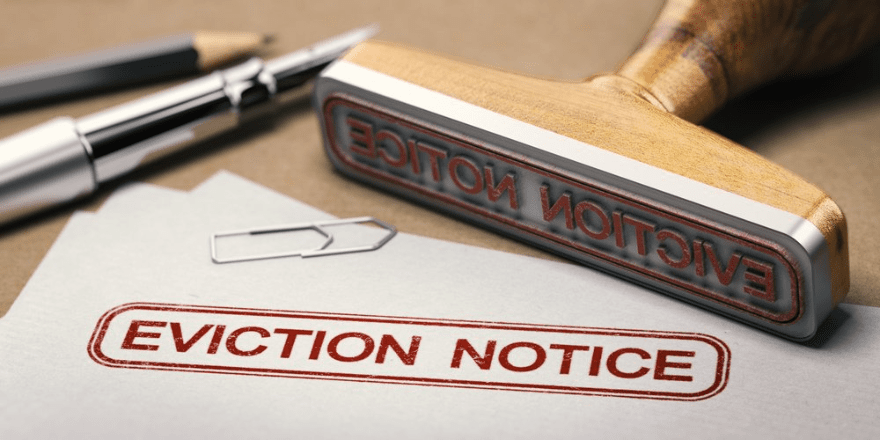Have your personal or business matters stalled due to your absence? If you live in New York, that should not happen. The next time you are out of town and need your checks deposited, pending contract signed, or taxes paid, be sure to use a Power of Attorney. This document grants your close friend, spouse, or business partner the authority to make important decisions on your behalf.
Power of Attorney can be complicated, and principals must ensure they use the right one to avoid negative consequences. Further, New York has unique requirements you need to follow to guarantee your POA is valid and enforceable.
Today, we will explore the necessary requirements to get a POA in New York. We will also discuss the recent changes that affect how you make a POA in New York.
Who Needs a Power of Attorney in New York
Anyone over eighteen can use a Power of Attorney to help them handle various matters pertaining to health, finances, business, end-of-life care, and real estate. Examples of individuals who may use a POA are:
- Business owners
- Parents or Guardians
- Elderly
- People with medical concerns
- Military personnel
Types of power of attorney
In New York, each matter addressed in a POA must be specified. This requirement means you must know how to choose the right type of POA. The table below differentiates the types available in New York.
| Type of POA
|
Function
|
| Durable POA
|
Remains valid after incapacitation
|
| General POA
|
Gives broad powers to manage legal and financial matters
|
| Limited POA
|
Grants limited powers for a specific time
|
| Springing POA
|
Takes effect after a specific event occurs
|
| Healthcare POA
|
Makes medical decisions when incapacitated
|
Requirements to Get a Legal New York Power of Attorney
In New York, a Power of Attorney must follow specific directives in the New York statutes under section N.Y. Gen. Oblig. Law §5-1501-1c. Ensure the following clauses are well implemented to ascertain your POA is valid.
Mental capacity
According to N.Y. Gen. Oblig. Law §5-1501-2c, the principal must be of sound mind and over eighteen years. They must also understand the nature and consequences of making a POA, granting permission, revoking, or amending it. When drafting the document, the law expects you to know the Power of Attorney rights and limitations.
Done in writing and notarized
A valid POA in New York must be done in writing and should clearly outline the powers granted to the attorney-in-fact. The principal and agent should sign the document in the presence of a notary public and two witnesses. Fortunately, New York allows a notary public to act as a witness; you only need to look for one witness.
Statutory language
New York laws require particular statutory language to be included in the POA. For example, in NY Gen Oblig L § 5-1501B, d1,2 and 2, the law requires you to add a section with the following wording (but the phrasing can vary):
- "Caution to the Principal": This section warns the principal of the need to choose a trustworthy person and the powers they are about to give them.
- "Important Information for the Agent": This section allows the attorney-in-fact to read and understand their duties and responsibilities.
New York Power of Attorney Law
Former Governor Cuomo signed the new Power of Attorney law in December 2020, which became effective on June 13th, 2021. As a result, it is vital to consider these New York power of attorney law changes if you are making a new POA or updating your existing one. A summary of the five new laws is as follows:
- The agent can now give gifts exceeding $500 without filing a separate "statutory gifts rider" form when making the POA.
- Previously, you had to adhere strictly to certain wordings in the statute, but the new law allows you to use a variation of those words.
- The new law allows someone else to enter into a POA on behalf of the principal. However, the principal and two witnesses must be present.
- The law now permits the court to sanction third parties and make them pay damages when they reject an agent's authority without a good reason.
- A third party is no longer liable if they performed a task on an invalid POA as long as the principal's signature was acknowledged, and they did not know it was invalid.
Who Can Be an Agent in New York
New York allows most adults to be an agent or attorney-in-fact. But they must meet the following important criteria:
- Competent
- Reliable, trustworthy, and willing to act on behalf of the principal
- Available to act when called upon
- Related in some way to the principal
- Must not have a conflict of interest
Now that we know who to pick and what laws to follow, make sure you follow these rules by using a New York POA template.
Start your New York POA now
FAQ about power of attorney in New York
-
The cost of a POA in New York depends on the type and complexity of the document, the lawyer's experience, and their location. Generally, it will cost you several hundred dollars to make a POA with a lawyer in New York. However, you can use less expensive methods by using an online template and then have an attorney review at a much lower price.
-
You can revoke a POA in New Yor)k by informing the agent of your intent to revoke, then doing it in writing and signing. Afterward, give a copy to the agent and notify third parties of the change.
-
Getting a POA for an elderly person entails choosing whether you want the general or limited POA. Afterward, choose the attorney-in-fact, create the POA, sign and notarize it, and give the agent the document to use when needed.


